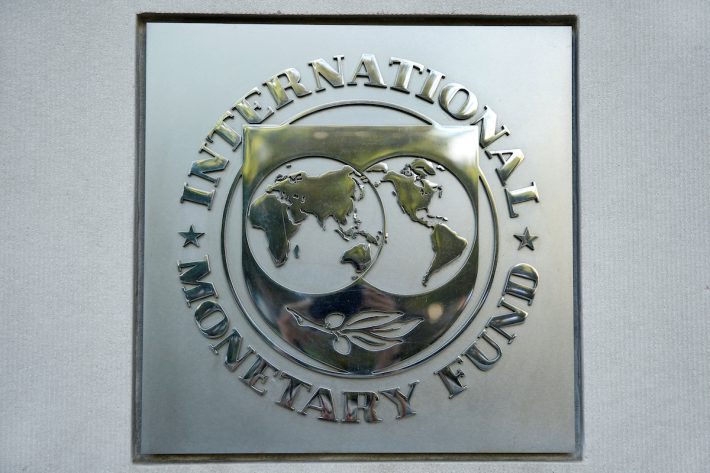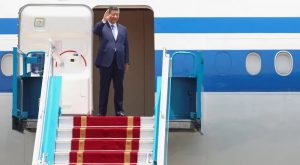The International Monetary Fund (IMF) issued a warning on Tuesday about retaliatory trade tariffs.
Speaking at a forum in the Philippines on systemic risk, IMF Asia-Pacific director Krishna Srinivasan said that “tit-for-tat” tariffs could undermine Asia’s economic prospects, raise costs and disrupt supply chains, despite the IMF’s expectation that the region would remain a key engine of global economic growth.
“The tit-for-tat retaliatory tariffs threaten to disrupt growth prospects across the region, leading to longer and less efficient supply chains,” Srinivasan said.
ALSO SEE: G20 Countries Reach ‘Fragile Consensus’ on Climate Finance
Srinivasan’s remarks come amid concerns over US President-elect Donald Trump’s plan to impose a 60% tariff on Chinese goods and at least a 10% levy on all other imports.
‘Acute risk’ from rising trade tensions
Tariffs could impede global trade, hamper growth in exporting nations, and potentially raise inflation in the United States, forcing the US Federal Reserve to tighten monetary policy, despite a lacklustre outlook for global growth.
In October, the European Union also decided to increase tariffs on Chinese-built electric vehicles to as much as 45.3%, prompting retaliation from Beijing.
The IMF’s latest World Economic Outlook forecasts global economic growth at 3.2% for both 2024 and 2025, weaker than its more optimistic projections for Asia, which stand at 4.6% for this year and 4.4% for next year.
Asia is “witnessing a period of important transition”, creating greater uncertainty, including the “acute risk” of escalating trade tensions across major trading partners, Srinivasan said.
He added that uncertainty surrounding monetary policy in advanced economies and related market expectations could affect monetary decisions in Asia, influencing global capital flows, exchange rates, and other financial markets.
- Reuters with additional editing by Jim Pollard
ALSO SEE:
Trump’s Plan to Kill EV Tax Credits ‘Could Benefit China’
Trump Tariff Concerns Weigh on Yuan, Asian Currencies
Trump Will Have Big Impacts on Trade, Climate Change, EVs
Yuan Suffers Biggest Dip in a Year, Amid Fear of Trump Poll Win
Trump Says He’ll Hit China With Big Tariffs if it Takes Taiwan
China Reduces Key Lending Rates in Bid to Rev up Economy
US Chipmaker Fined $500,000 for Chips Sent to China – NYT
US Rules to Limit Investment in China’s Chips, Quantum and AI
Hedge Funds Place ‘Trump Trade’ Bets as US Rate Cut Looms
























